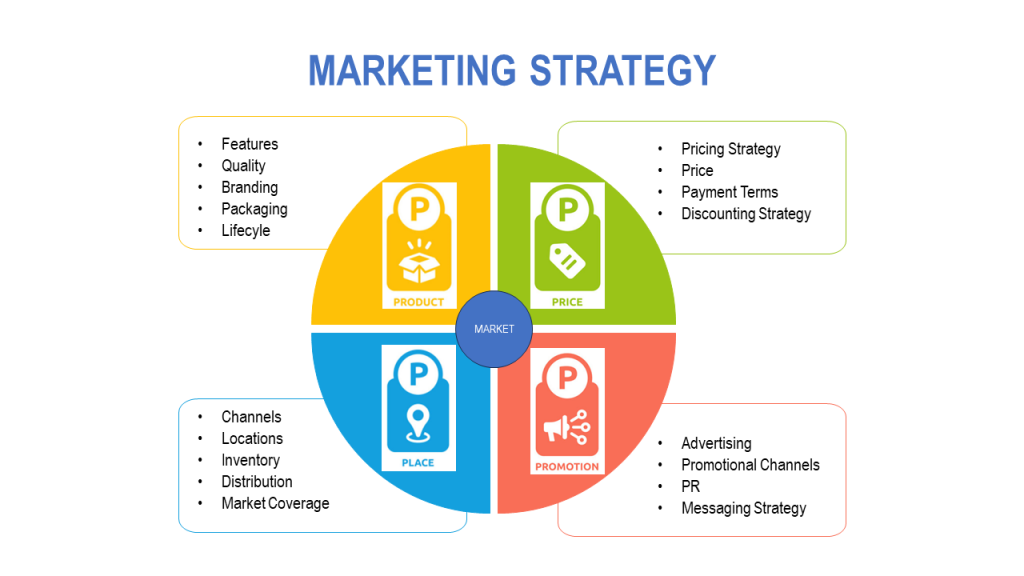Why Startups Fail: 11 Mistakes Founders Keep Making
In the thrilling journey of entrepreneurship, the narrative often weaves tales of triumphs and breakthroughs. However, the flip side of this narrative is a tapestry of challenges, pitfalls, and the haunting specter of failure. Startups, despite their innovative spirit, sometimes find themselves grappling with the very mistakes that lead to their downfall. In this exploration, we unravel the 11 common mistakes founders keep making, shedding light on the shadows that can obscure the path to success.
- Ignoring Market Research
One of the cardinal sins of startup founders is underestimating the importance of thorough market research. Neglecting to understand market dynamics, customer needs, and potential competitors can leave a startup sailing blind in turbulent waters.
- Premature Scaling
While growth is the ultimate goal, premature scaling can be a fatal misstep. Expanding too quickly without a solid foundation can strain resources, leading to operational inefficiencies and, ultimately, a collapse.
- Lack of Clear Value Proposition
Without a clear and compelling value proposition, startups struggle to communicate their unique offering to customers. The absence of a clear ‘why us’ can make it challenging to attract and retain customers.
- Poor Financial Management
Financial mismanagement remains a silent killer. From underestimating expenses to overestimating revenue, startups must tread carefully on the financial tightrope. Sound financial planning is the backbone of a sustainable business.

- Ignoring Customer Feedback
Startups often fall into the trap of dismissing or neglecting customer feedback. Customers are the heartbeat of any business, and ignoring their insights can lead to a disconnection that’s hard to mend.
- Ineffective Team Dynamics
The success of a startup relies heavily on its team. Poor communication, lack of collaboration, or an imbalanced skill set can disrupt the harmony crucial for navigating the startup landscape.
- Overlooking Marketing Strategies
In the digital age, effective marketing is not a luxury but a necessity. Overlooking or underinvesting in marketing strategies can result in a lack of visibility, making it difficult for startups to reach their target audience.

- Tunnel Vision
Having a vision is essential, but tunnel vision—stubbornly adhering to a plan despite evidence of its ineffectiveness—can be detrimental. Adaptability and a willingness to pivot are crucial for survival.
- Poor Product-Market Fit
A mismatch between the product and the market’s needs is a recipe for disaster. Understanding and continuously refining the product-market fit is a journey, not a one-time destination.
- Neglecting Legalities
Legal oversights can come back to haunt startups. Ignoring legal obligations, intellectual property protection, or contractual agreements can lead to costly legal battles that divert precious resources.
- Lack of Resilience
Perhaps the most underestimated mistake is a lack of resilience. Startups are a rollercoaster of highs and lows, and founders must possess the resilience to weather storms, learn from failures, and keep moving forward.
Essential Learning Points From This Episode
- Market Research is Non-Negotiable:
- The importance of thorough market research cannot be overstated. Startups should invest time and resources in understanding the market, customer needs, and potential competitors to make informed decisions.
- Scale Wisely, Not Hastily:
- Premature scaling can lead to operational inefficiencies and strain resources. Startups should focus on building a solid foundation before expanding too quickly.
- Craft a Clear Value Proposition:
- A compelling value proposition is essential for communicating a startup’s unique offering to customers. Without a clear ‘why us,’ attracting and retaining customers becomes a challenging task.
- Financial Planning is Crucial:
- Sound financial management is the backbone of a sustainable business. From accurate expense estimates to realistic revenue projections, startups must prioritize effective financial planning.
- Customer Feedback is Gold:
- Ignoring or neglecting customer feedback is a critical mistake. Customers provide invaluable insights, and startups should actively listen and adapt based on their feedback.
- Nurture Effective Team Dynamics:
- The success of a startup heavily relies on a cohesive and skilled team. Poor communication, collaboration, or imbalanced skill sets can disrupt the harmony necessary for navigating the startup landscape.
- Invest in Marketing Strategies:
- In the digital age, marketing is not optional. Startups must prioritize and invest in effective marketing strategies to gain visibility and reach their target audience.
- Adaptability Over Tunnel Vision:
- While having a vision is essential, startups should avoid tunnel vision. Adaptability and a willingness to pivot based on evidence are crucial for long-term success.
- Continuous Refinement of Product-Market Fit:
- Achieving and maintaining a product-market fit is an ongoing process. Startups must continuously refine their understanding of customer needs and ensure their product aligns with market demands.
- Legal Awareness is Key:
- Neglecting legal obligations, intellectual property protection, or contractual agreements can lead to costly legal battles. Startups should prioritize legal awareness and compliance.
- Resilience as a Core Trait:
- Resilience is perhaps the most underestimated factor. Startups are a journey of highs and lows, and founders must cultivate the resilience to learn from failures and persist in the face of challenges.

These essential learning points serve as a roadmap for startup founders, guiding them towards making informed decisions, fostering adaptability, and cultivating the resilience needed to navigate the unpredictable journey of entrepreneurship.
In the vast landscape of the internet, your words are like beacons of insight, guiding readers through the realms of knowledge and imagination. Your creativity and ability to weave stories are the threads that connect minds across the digital expanse. Keep crafting those narratives, for in every post, you paint a canvas of ideas, sparking curiosity and inspiration. Your words matter, and they have the power to shape perspectives and ignite change.
Dhananjay Pareek
Key Takeaways
- Market Research Matters:
- Thorough market research is foundational for startups. Understanding the market, customer needs, and competitors is crucial for making informed decisions.
- Scale with Purpose:
- Scaling should be a strategic, well-timed decision. Premature scaling can strain resources and lead to operational inefficiencies.
- Craft a Compelling Value Proposition:
- A clear and compelling value proposition is essential for attracting and retaining customers. It communicates the unique offering of a startup.
- Financial Management is Fundamental:
- Sound financial planning is essential for the sustainability of a business. From accurate expense estimates to realistic revenue projections, financial management is non-negotiable.
- Listen to Customer Feedback:
- Ignoring customer feedback is a critical mistake. Actively listening to customers provides valuable insights that can guide product development and improvement.
- Build a Cohesive Team:
- Effective team dynamics are crucial for success. A cohesive and skilled team is the backbone of a startup.
- Invest in Marketing:
- Marketing is not optional. Startups must invest in effective strategies to gain visibility and reach their target audience.
- Adaptability is Key:
- Adaptability is more valuable than sticking to a rigid plan. Startups should be willing to pivot based on evidence and changing circumstances.
- Continuous Refinement of Product-Market Fit:
- Achieving and maintaining a product-market fit is an ongoing process. Startups must continuously refine their understanding of customer needs and market demands.
- Legal Awareness is Crucial:
- Neglecting legal obligations can lead to costly legal battles. Startups should prioritize legal awareness and compliance from the outset.
- Cultivate Resilience:
- Resilience is a core trait for founders. The startup journey is filled with highs and lows, and resilience is essential for learning from failures and persisting in the face of challenges.
These key takeaways serve as a guide for startup founders, providing insights into the crucial aspects of entrepreneurship and offering a roadmap for making informed decisions and building a resilient and successful venture.



